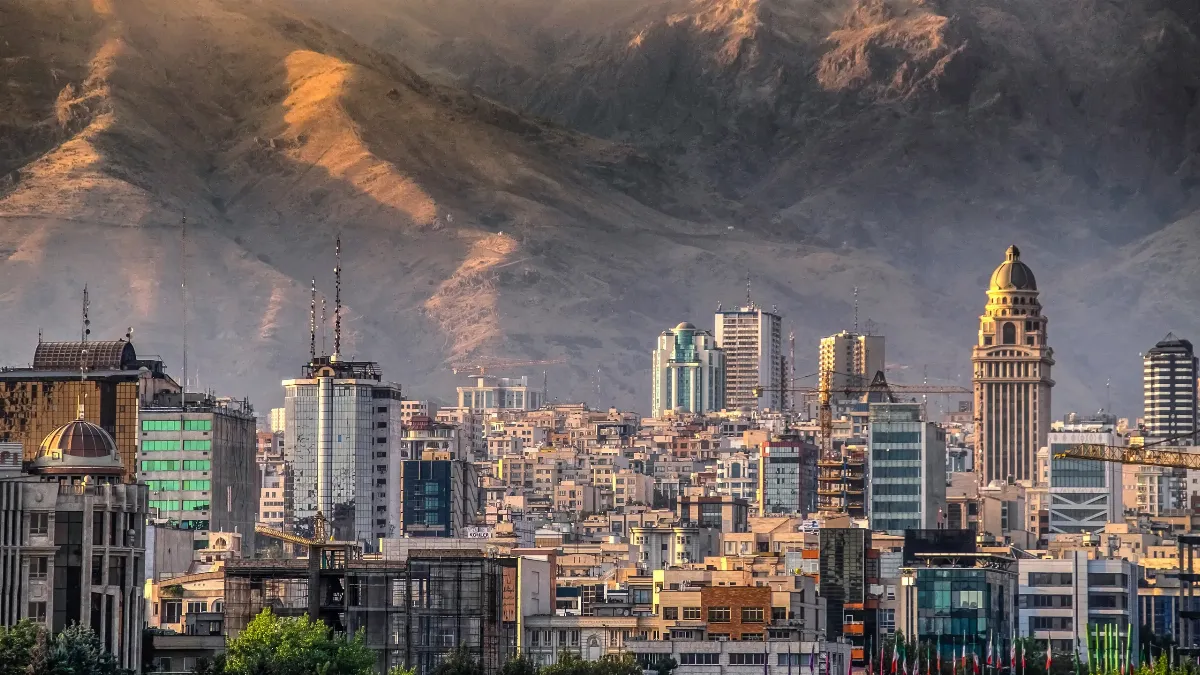
Iran
Iran is a country located in Western Asia, bordered by Armenia, Azerbaijan, and the Caspian Sea to the north, Turkmenistan to the northeast, Afghanistan and Pakistan to the east, the Persian Gulf and the Gulf of Oman to the south, and Iraq and Turkey to the west. Covering an area of 1.65 million square kilometers, Iran is the second-largest country in the Middle East by land area and has a population of approximately 85 million people. The capital and largest city is Tehran.
Iran is a theocratic republic, governed by a combination of religious and democratic institutions. The Supreme Leader holds the highest authority, and the current Supreme Leader is Ayatollah Ali Khamenei. The President of Iran, currently Ebrahim Raisi, is the second-highest official and is responsible for overseeing the executive branch. Iran’s political system also includes a parliament, known as the Majlis, and the Guardian Council, which vets legislation and candidates for office.
Historically known as Persia, Iran has a rich cultural heritage dating back thousands of years. The Persian Empire, one of the world's oldest civilizations, was established in the 6th century BCE under Cyrus the Great. Iran is renowned for its contributions to art, architecture, literature, science, and philosophy. Persian is the official language, and the majority of the population practices Shia Islam, making Iran a significant center of Shia Islamic tradition.
Iran's economy is diverse, with major sectors including oil, natural gas, agriculture, and manufacturing. The country has some of the world’s largest reserves of petroleum and natural gas. Iran is a founding member of the Organization of the Petroleum Exporting Countries (OPEC) and remains a key player in global energy markets. However, its economy has been affected by international sanctions imposed due to its nuclear program, which has been a subject of ongoing negotiations and tensions with other countries.
Stichworte
Quellen







